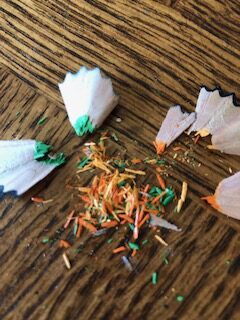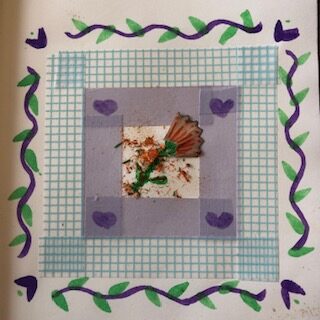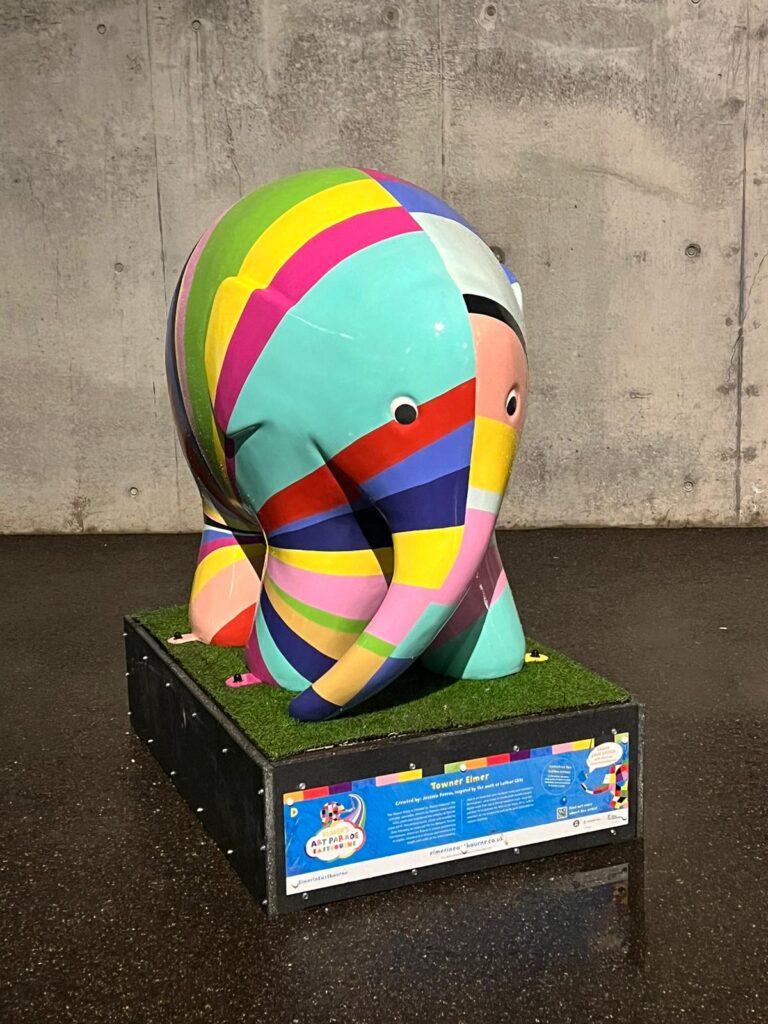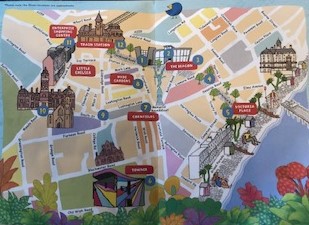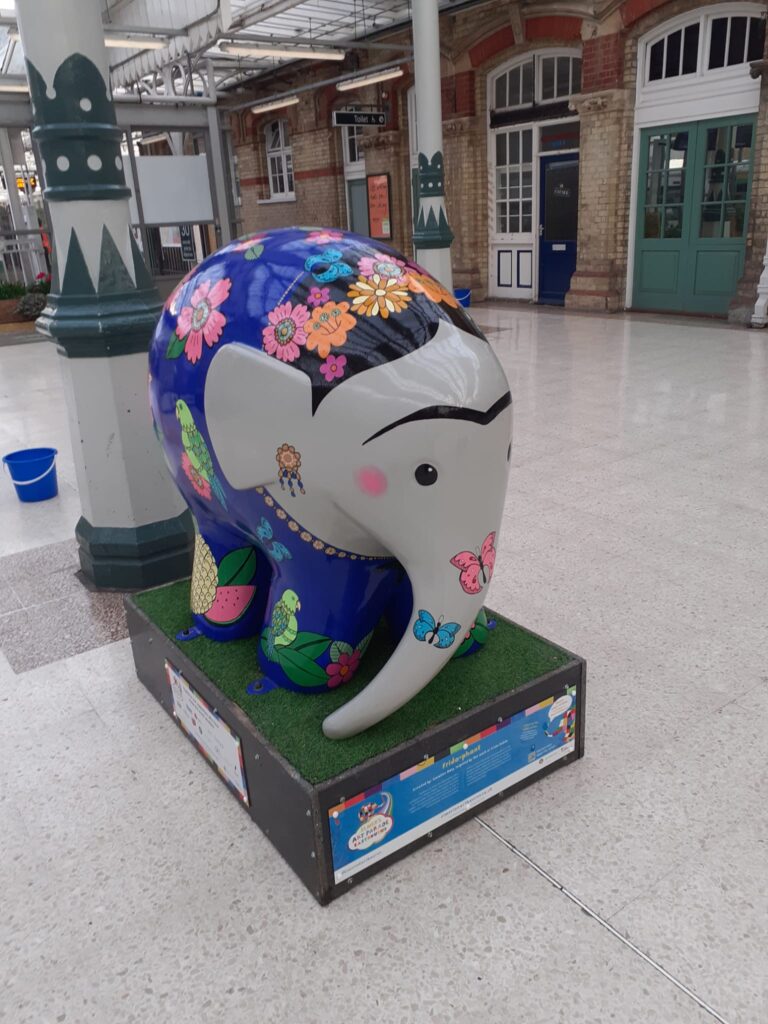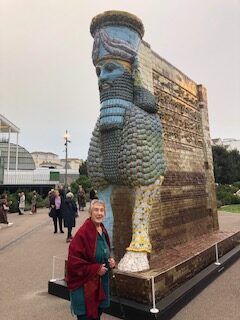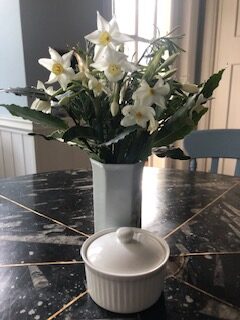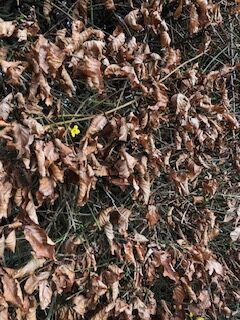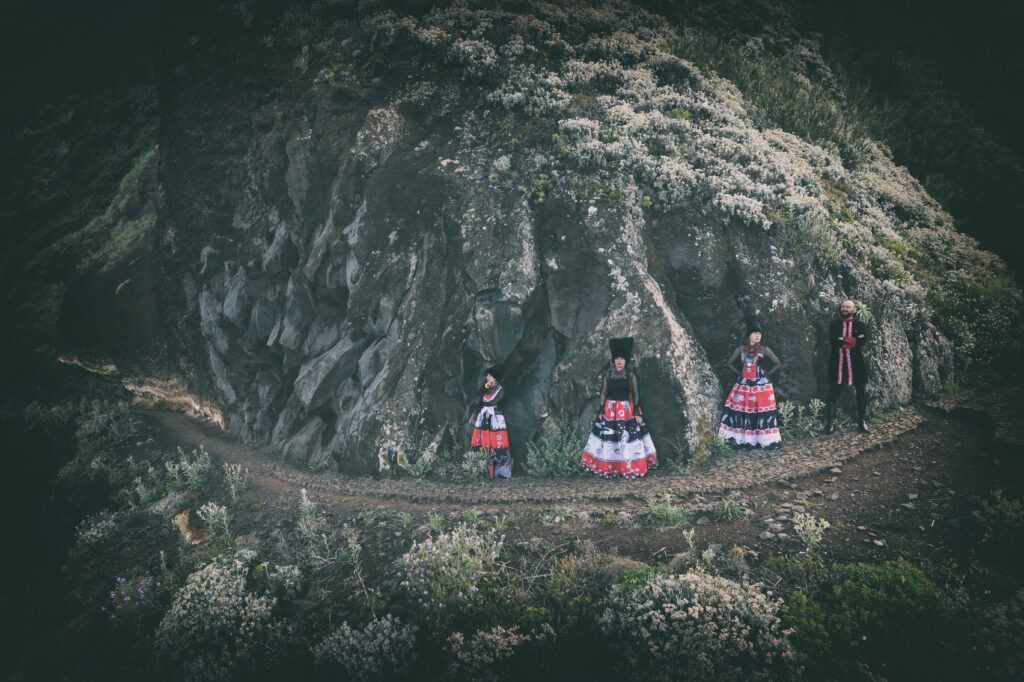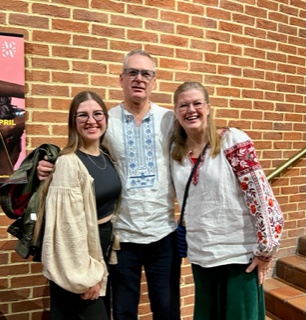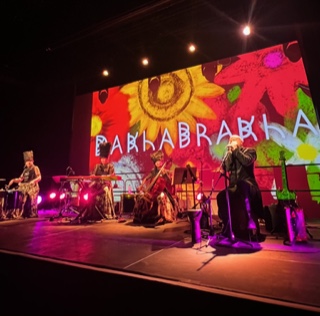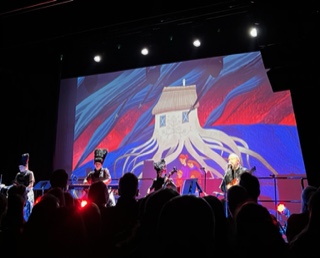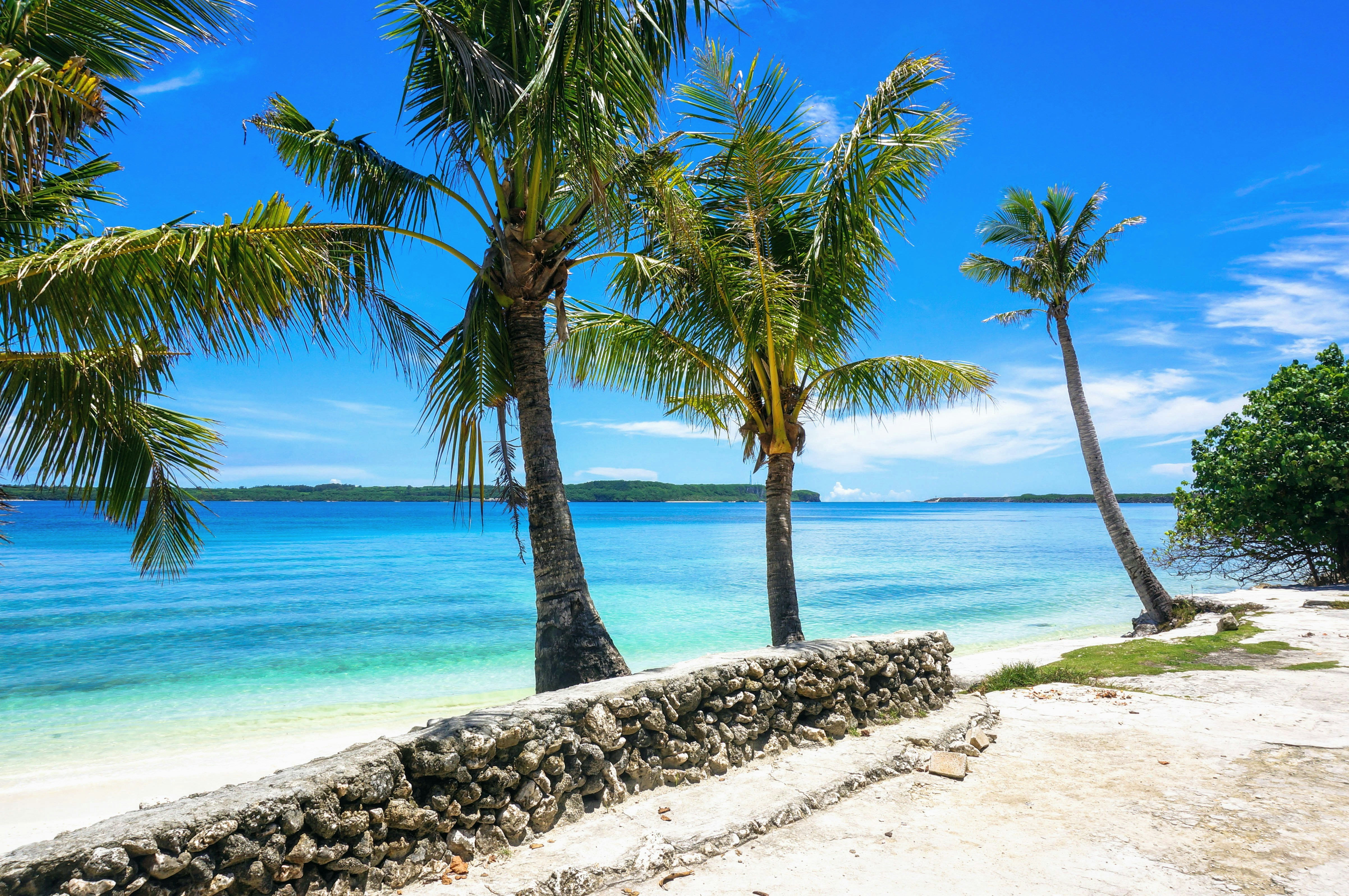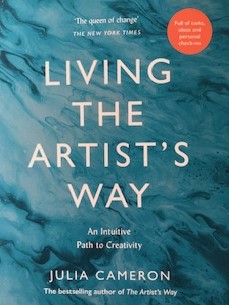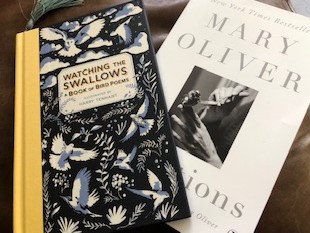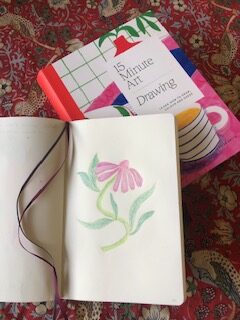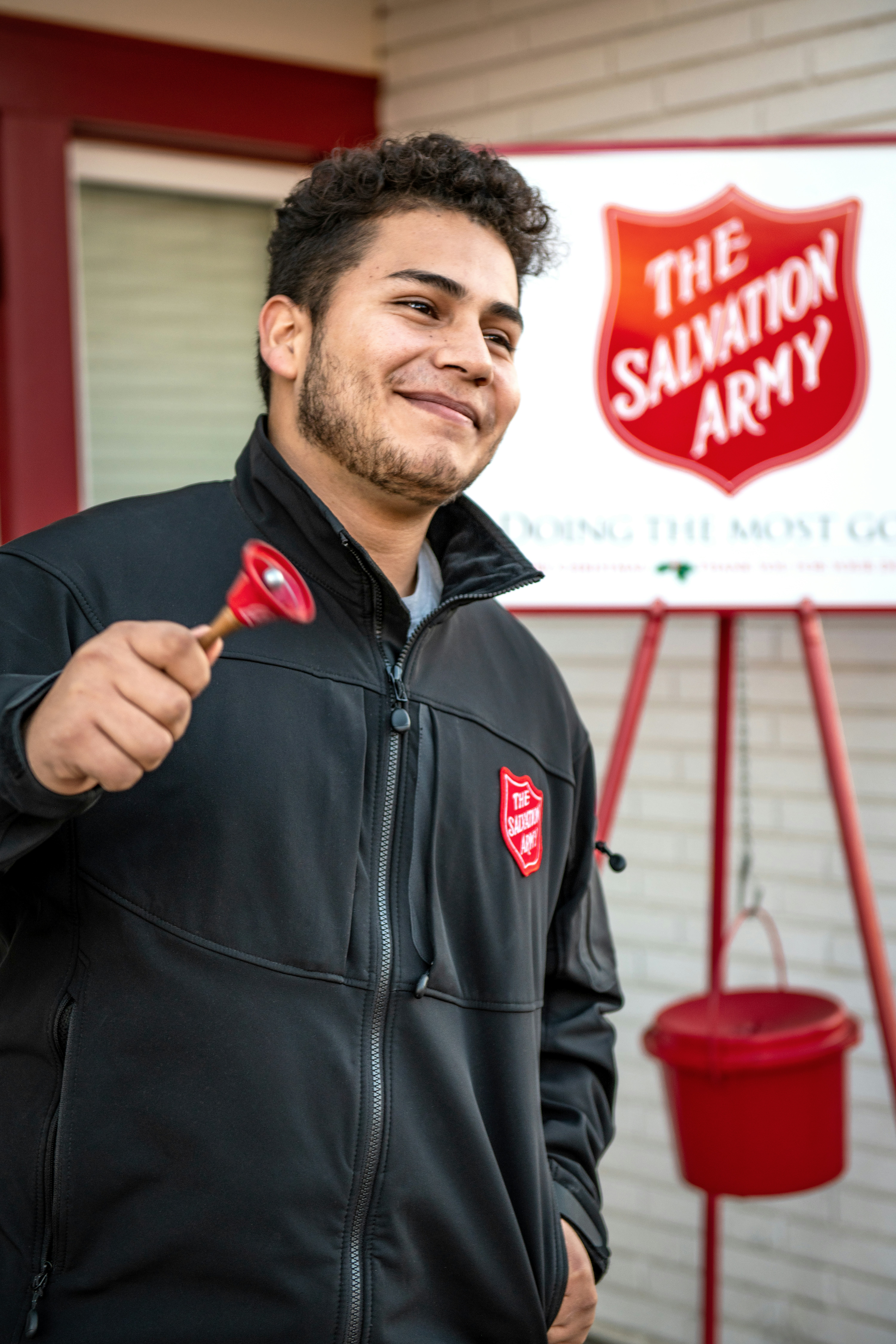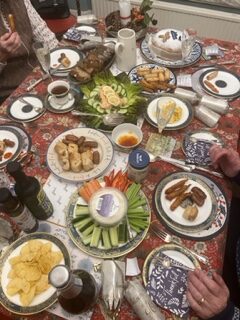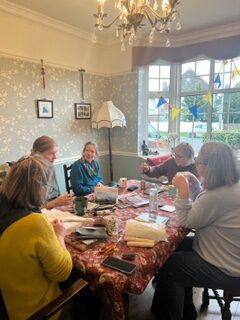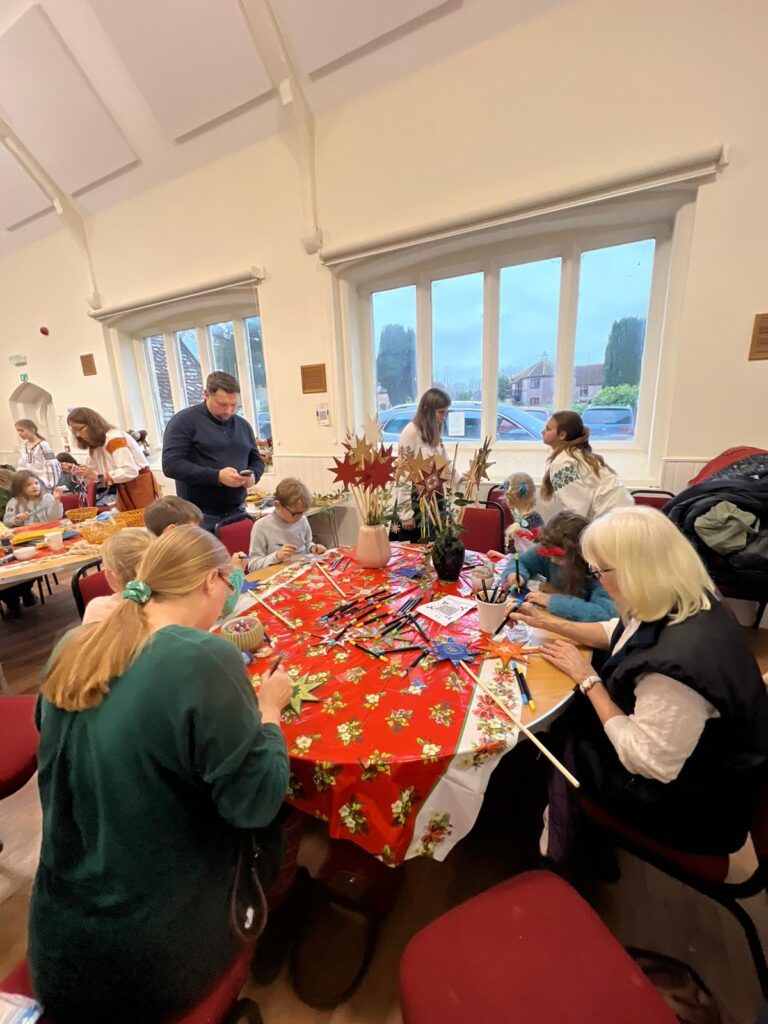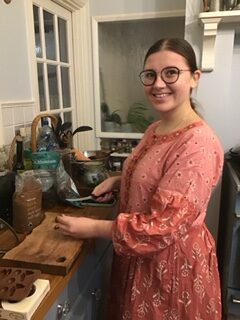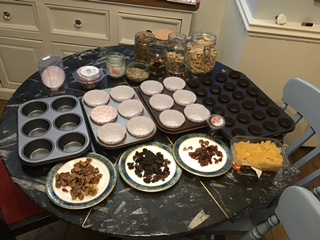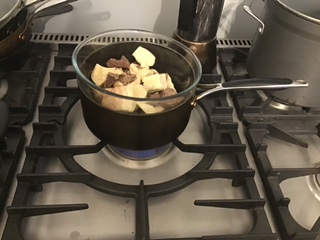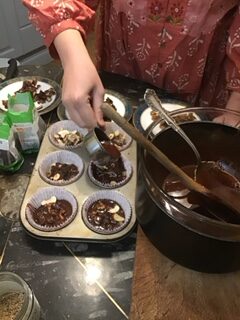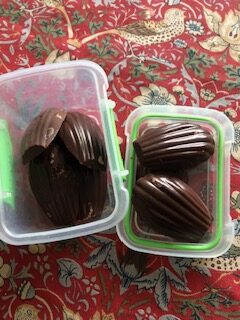With foreign holidays becoming ever more exhausting (not to say expensive), I have become a real fan of micro vacations in the UK. There is so much to explore in our immediate vicinity that I doubt I could visit everywhere, even if I tried.
So when we had two days free last week, we set off to Godalming and the Watts Artists’ Village. I’d read about both in a magazine some time ago and, being an Arts and Crafts fan, felt I should explore it myself.

An act of kindness
What appealed to me most was the mortuary chapel designed by Mary Watts for the residents of her village. Not only was this a stunning example of design and craftsmanship, but it showed an enlightened social view. This was not a gift to be handed down from wealthy artists to the grateful locals, but something that the villagers participated in creating. Her husband, GF Watts, believed that through assisting in the decoration of the chapel, the people would have a much closer connection to it.
To this end, Mary immediately started pottery classes at her home studio in Limnerslease, teaching them simple terracotta techniques. While her husband funded the construction, she was responsible for the design and execution. The building and exterior were completed in four years (1895-1898) and the interior in a further six. Considering the complexity of the task, this is indeed impressive.
Set in what must be the most stunning graveyard in Britain, the chapel is reached via a steep brick path almost to the top of the hill. It is surrounded by flowers and ornate gravestones with views to the Downs beyond.


The power of symbols
Everything in it and on it is symbolic. The unusual shape of the building – a circle bisected by a cross – represent eternity and faith. The intricately carved door shows the serpent of evil overcome by the cross of Christianity. Inside, the hierarchy of heaven is made explicit in the circle of the domed ceiling (God) through the angels and cherubs down to man and the natural world.
The mortuary chapel was designed to be a final resting place for those awaiting interment or cremation and it is cold. After half and hour or so, my husband had to go outside to warm up, but came back to marvel once more. For this is not a place to glance around and leave. It is decorated from floor to ceiling in the most exquisite designs. We had to take it by degrees, for our senses were completely overwhelmed. The more one looked, the more one saw. The more one looked, the more one was drawn to the loving spirituality of the place. The kindness that prompted its inception and construction spoke to you from the very stones.





Throughout were pairs of opposites (some angels face the viewer others turn away) through which Mary reminded us that life is a balance between opposing forces. Though most of the symbols were Christian, other faiths featured too, showing Mary’s more cosmopolitan view.
Suffer the little children
What touched me most were the small flowers at the bottom of the frieze. These were made (I imagine under strict supervision) by the children of the village and represented the flowers to be found nearby. This attention to detail and inclusiveness makes the chapel very special indeed.
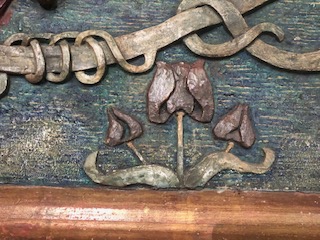
These flowers, and most of the other relief decorations on the wall, were made using gesso – a mix of plaster and glue, which is applied over felt shapes. I’m sure the children enjoyed using this oozy, messy medium and suspect the painting was left to the adults.
The village and house
Having thoroughly exhausted our grey cells with all that magnificence, we returned to the gallery. Luckily, there is also a very nice cafe. After being duly refreshed, we set off the see the artists’ home. Though barely known today, GF Watts was to art what Tennyson was to poetry in the Victorian age. He was a mega-star. His home, however, was modest by the measure of those most showy times. It is beautiful, but much of the space was used as studio (his and hers) and retained the exquisitely artistic feel of a real home.
Since they were changing over exhibitions, we were only able to see the section containing Watts’ sculptures. Though a little un-PC (his most famous one is of Cecil Rhodes) they were nonetheless magnificent. An absolute perfectionist, Watts would work and rework his pieces until they met his exacting standards, which in some cases took decades.
If you would like to learn more about the village/gallery, please check out: https://www.wattsgallery.org.uk/about
Refreshed once more at the cafe and beguiled into buying gifts at the elegant shop, it was time to find our hotel.
An inn fit for a tsar
Situated on the High Street is a wonderful inn, which was to be our haven for the night. Suffice to say, it was elegantly decorated and served lovely food. We were even treated to live music during our evening meal.
Since it is on one of the main routes to London from the coast, it has been visited by any number of significant people, but my favourite was Peter the (not so) Great who after eating astounding quantities with his companions, immediately skipped town without settling his bill. Lacking fame and royal connections, we paid ours.
A day of sunshine
Our trip coincided with the only sunny days we have enjoyed this month and we were determined not to waste one minute of them. Close to Godalming, is the Winkworth Arboretum, which I have always meant to visit but been put off by the distance.

Image: Karen Costello-McFeat
March is perhaps not the best month to go, since so little is in leaf, but the magnolia trees were impressive as were the views. Alas their Access for All path was a little optimistic in its signage. My off-road scooter just about managed (though I was shaken about rather like a salt-cellar). I pity anyone who attempts it with anything less sturdy. But being amongst such magnificent trees, smelling the leaf litter and feeling the sun on my face was enough to make me very happy indeed.
And if this were not enough, we stopped for coffee on the way home at Nymans’ gardens. The cafe was full, but the grounds were not and to my joy, their accessible route was a breeze. A little further south, a good deal more was in bloom and we relished the bushes bowed down with the weight of camellias and rhododendrons. And the ground level was replete with daffodils and crocuses.
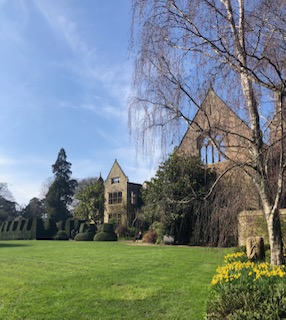
We returned home somewhat dazed by all the gorgeousness. Each of our senses had been filled to capacity. High on delight, we were ready for the weekend and for me, a rest.


